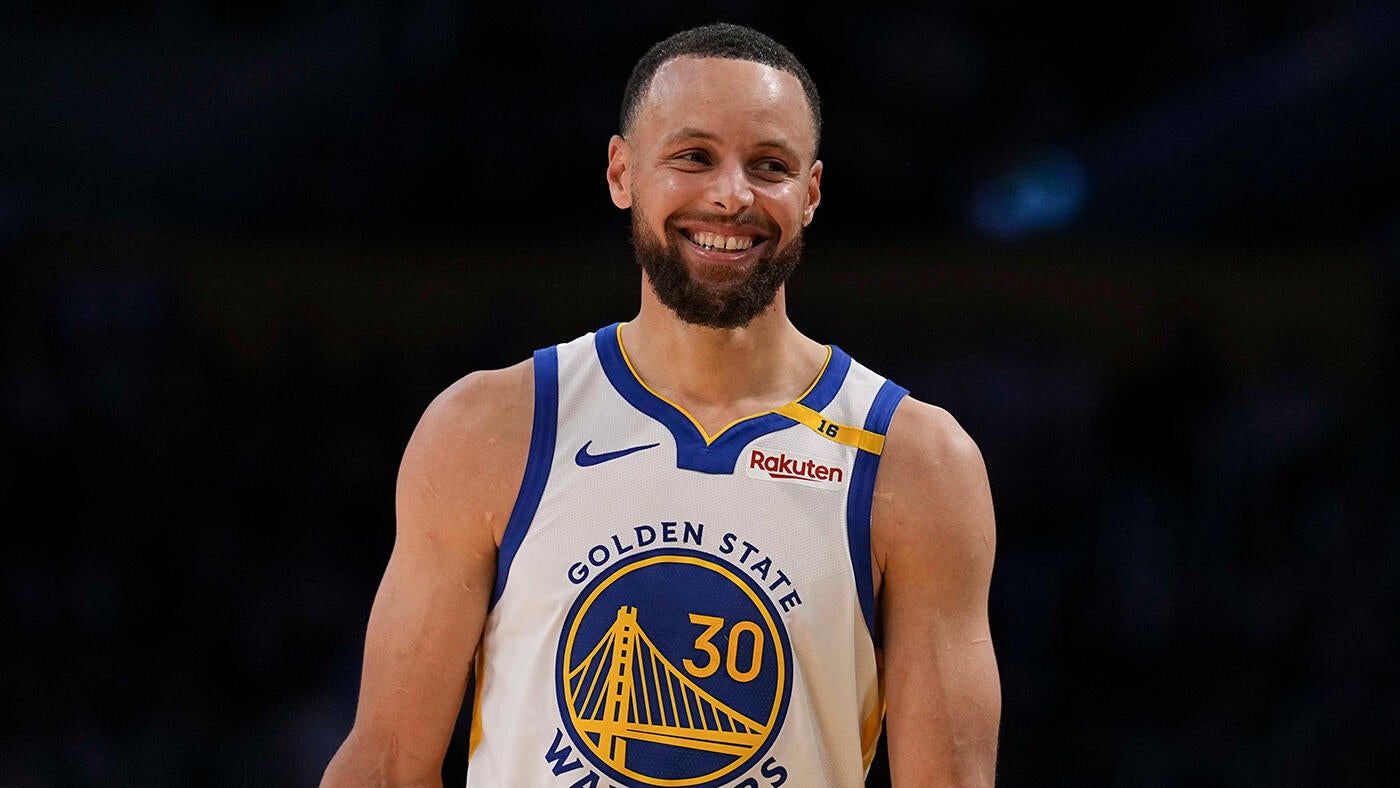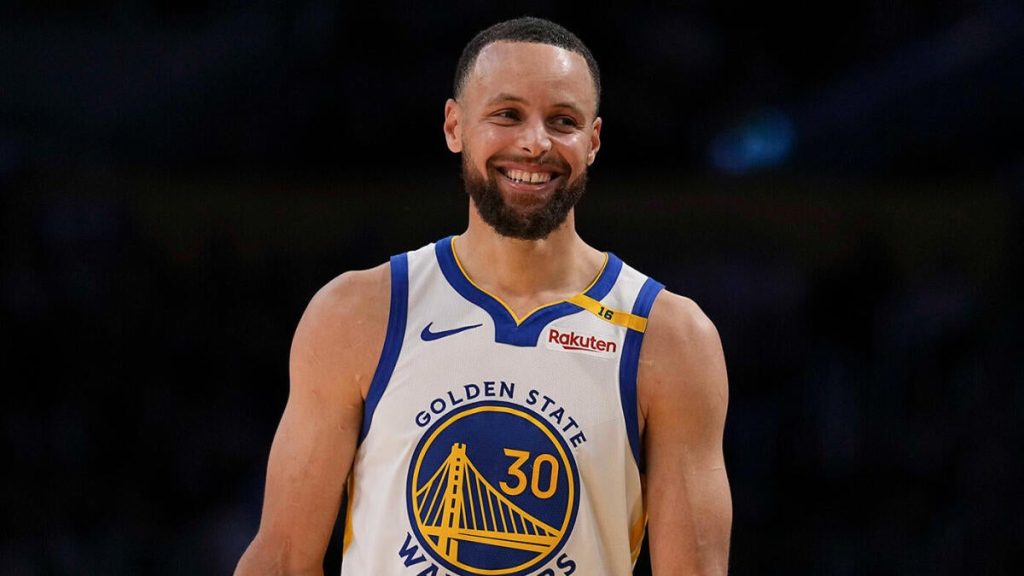
Reigning MVP Shai Gilgeous-Alexander and Phoenix Suns star Devin Booker induced widespread eye-bulging earlier this summer when they signed gargantuan extensions which, once they kick in, will make them the league’s highest paid players.
The Oklahoma City Thunder will pay Gilgeous-Alexander an estimated $75 million in 2030-31, the final year of his new contract. Meanwhile, Booker, who has made four All-Star teams and two All-NBA appearances in his 10 seasons, is also set to make around $75 million in the last year of his deal.
These are unthinkable numbers for most fans, especially when compared to the salaries of stars in other major American sports. Thanks to the contract he recently signed with the Memphis Grizzlies, reserve forward Santi Aldama — not exactly a household name — is set to earn roughly the same salary as 10-time Pro Bowl tight end Travis Kelce of the Kansas City Chiefs and Seattle Mariners catcher Cal Raleigh, who currently leads the MLB in home runs.
During the 2024-25 season, the average NBA player made nearly $12 million, dwarfing the NFL average of about $3 million. Of course there are myriad reasons for this, not the least of which is roster size, but it helps explain why there’s such sticker shock when it comes to NBA contracts.
And yet, Golden State Warriors guard Stephen Curry says NBA players are still underpaid.
Curry, who is set to make nearly $60 million next season, recently joined Complex’s Speedy Morman for a wide-ranging conversation which touched on the compensation of NBA players. When asked if he believes he and his cohorts are underpaid, the always thoughtful Curry eventually said yes, but was sure to explain his reasoning.
“I think, because of the way the CBA is structured right now, we can’t participate in equity. And that’s a big deal because it is a partnership with ownership. It’s a partnership with the league, and we’re on the short term of that revenue,” Curry said. “Those [contract] numbers sound crazy, but what the league is doing, from whatever era you want to compare it to, to now, is probably 10x that. The idea that we can’t participate in equity while we’re playing is part of why I would say yes, we are underpaid, because we want to be able to participate in that rise.
“Hopefully, sooner than later, those rules change a little bit so that players can participate more in the upside of team equity, the league, valuations, and all that type of stuff. Just because I think we deserve it.”
In layman’s terms, Curry is essentially saying that players should be able to earn an ownership stake in their team while they’re still playing, which is currently prohibited by the NBA’s collective bargaining agreement. There have been intimations of “wink-wink” agreements between franchises and players — such as when David Robinson purchased a small piece of the San Antonio Spurs in 2004, a year after he retired — but Curry claims that player should be able to reap those benefits while they’re still putting fans in the seats.
Much like salaries, NBA team valuations have skyrocketed over the past two decades. In 2000, Forbes ranked the New York Knicks as the league’s most valuable franchise at $395 million. Fast forward to 2025, and the Los Angeles Lakers sold to Mark Walter for a $10 billion valuation. Meanwhile, largely thanks to Curry, the Warriors went from a $168 million valuation in 2000 (22nd in the NBA) to an estimated $8.8 billion in 2024.
NBA team valuations from 2000 to 2024
Per Forbes
| Warriors | $168M | $8.8 B |
| Knicks | $395M | $7.5 B |
| Lakers | $360M | $7.1 B (sold for $10 B) |
| Celtics | $212M | $6 B |
| Clippers | $154M | $5.5 B |
When you see dramatic jumps like this, it’s easy to understand where Curry and other NBA superstars are coming from. If they play a major part in the popularity and value of a franchise, why shouldn’t they be rewarded correspondingly?
The current CBA runs through the 2029-30 season, but both sides have the ability to opt out after 2028-29. This topic of equity will certainly be broached by the players before a new deal is struck, and there will likely also be significant discussions about the massive penalties imposed upon teams that spend above the luxury tax — which has sent massive ramifications throughout the league.
All these things are good problems for the league and players because it means revenue is growing, but there will always be a push-and-pull as both sides fight for what they believe they deserve.


